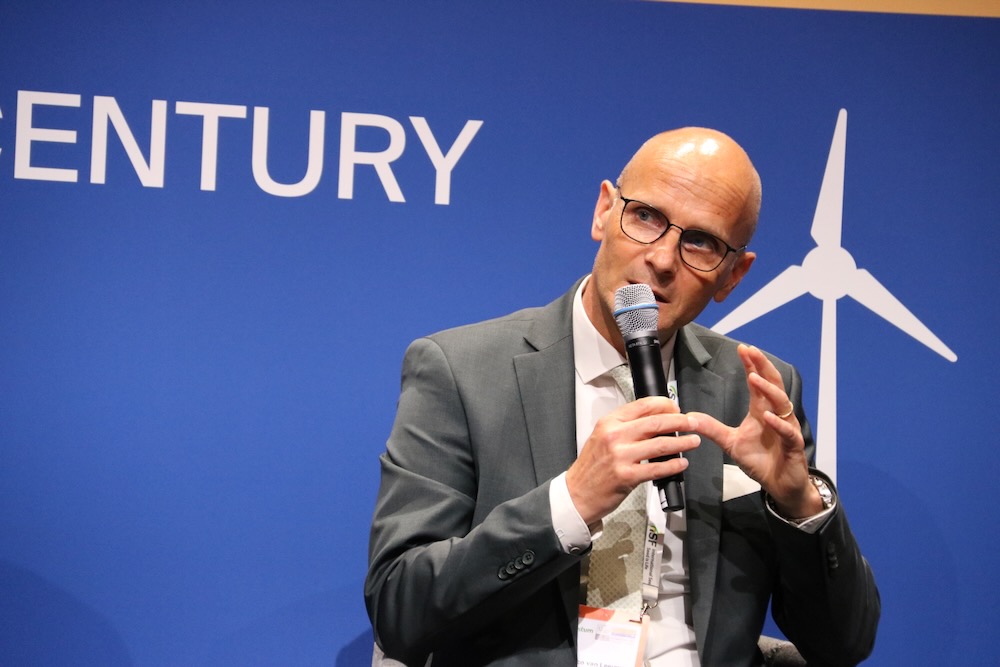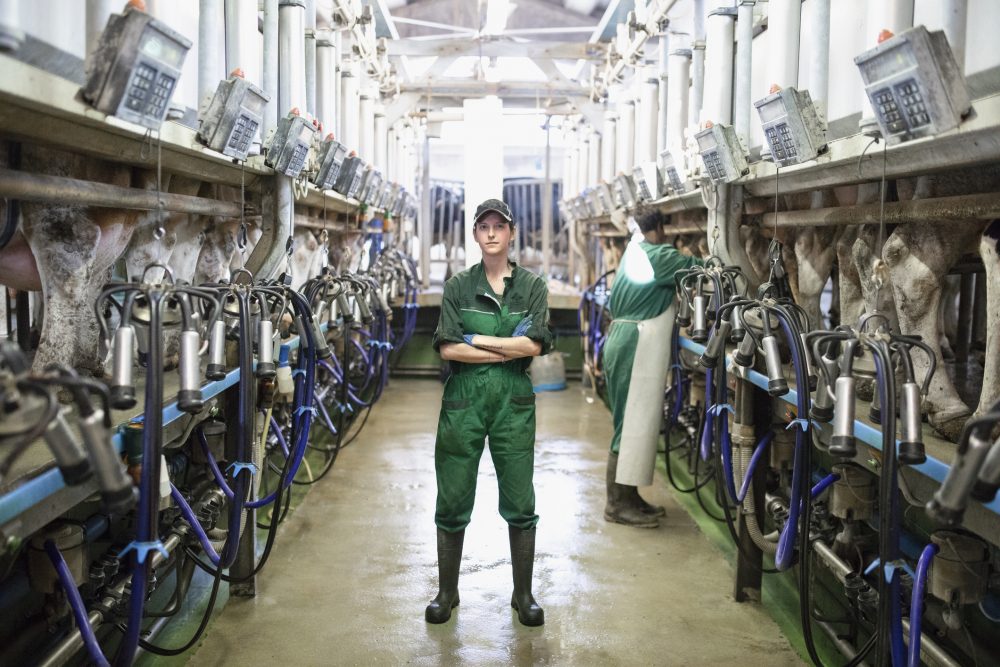World Seed Congress addresses global supply chain challenges

Glacier FarmMedia’s John Greig is at the World Seed Congress in the Netherlands. Watch for his daily updates here and further coverage in Glacier FarmMedia’s publications and websites.
The World Seed Congress is on in Rotterdam, Netherlands with a discussion of the major issues facing the seed and crops sector.
The event brings close to 2,000 people together from around the world, including seed production companies, national trade associations and researchers. King Willem-Alexander of the Netherlands even showed up to open the congress by planting some seeds.
The major issues on the agenda include the challenges that the decline in free trade and globalization brings to major suppliers of seeds, the acceptance of gene editing and the technology involved in that process.
Seeds move from everywhere to everywhere
The move from free trade to tit-for-tat application of sanctions and increased use of non-tariff trade barriers has made business more challenging for seed companies, which have global supply chains.
Marco van Leeuwen, president of the International Seed Federation and managing director of the Rijk Zwaan vegetable seed company says the company is buffeted by increasing disputes among countries that decide to impose sanction or to not to trade with each other. He also says that during the COVID pandemic, countries identified domestic food production as a strategic priority. That included seeds. However, that’s also meant that some countries have closed their border to some seed imports.
Read Also

Farm wages, benefits have room to improve, survey says
“While some agriculture employers offered these benefits, many participating organizations do not offer any flexible work arrangements or basic benefits like sick days,” CAHRC wrote in a report on its 2024 survey of compensation practices in Canadian agriculture.
“We breed varieties in country one, we test varieties in all the countries with the appropriate climatic conditions, and then we have to produce seeds, which we do again in other countries,” said van Leeuwen.
Then, those seeds are brought back to one country for packaging and distribution.
There’s about eight times more seed movement between countries than just 20 years ago, said Michael Keller, executive director of the International Seed Federation.
Food and Agriculture Organization working quicker
The sense of urgency to move food aid quicker, including the means for areas in crisis to grow food, requires the United Nations’ Food and Agriculture Organization (FAO) to work more efficiently.
The FAO’s Deputy Director General Beth Bechdol told a press conference at the World Seed Congress that as part of the United Nations, the FAO has similar attributes to the UN such as being “highly bureaucratic, deeply institutionalized and very complex”.
But the American from a seven-generation farm in Indiana, said there’s need for speed and agility in managing food aid.
“There’s no more time for competition, there’s no more time for stepping over one another. There’s no more time for turf battles,” she said.
FAO is promoting science and technology as a way to more quickly get food to people.
“I would not say that science and innovation five years ago, 10 years ago were some of our biggest messages to the world’s agricultural leaders. Today it’s undeniable,” Bechdol said.
Gene editing is not the same debate as GMO
A panel of researchers and companies working on gene editing said there’s a long way to go until there’s wide acceptance of gene-edited crops. However, the debate isn’t as polarized as when genetically modified crops were introduced.
Genetically modified crops involved moving novel genes into new species, whereas gene editing involves turning genes already in an organism on and off.
There’s less trepidation about working with genetics than in times past, but there are also significant global issues that can be helped by gene-edited crops. Securing food supplies and managing climate change are among issues that resonate with consumers.
Ania Lukasiewicz of Wageningen University said that some gene therapies that use gene editing technologies are being accepted, and that should help the acceptance of gene editing in other areas.
Claudia Hallebach, general counsel and head of global IP for KWS Group said that experience will help convince people. Take them to a field of sugar beet destroyed by a virus and the public will have both an emotional and scientific understanding of the impact of gene editing.
Source: Farmtario.com

